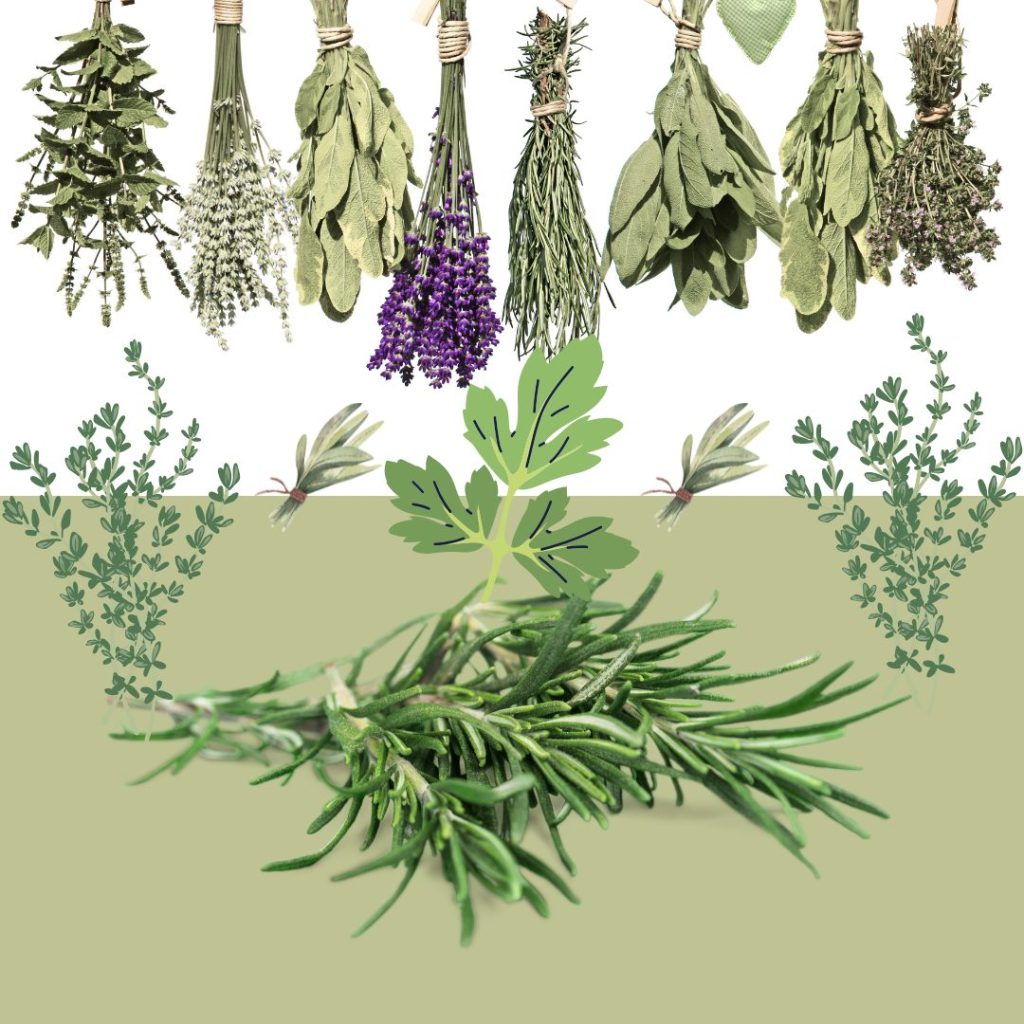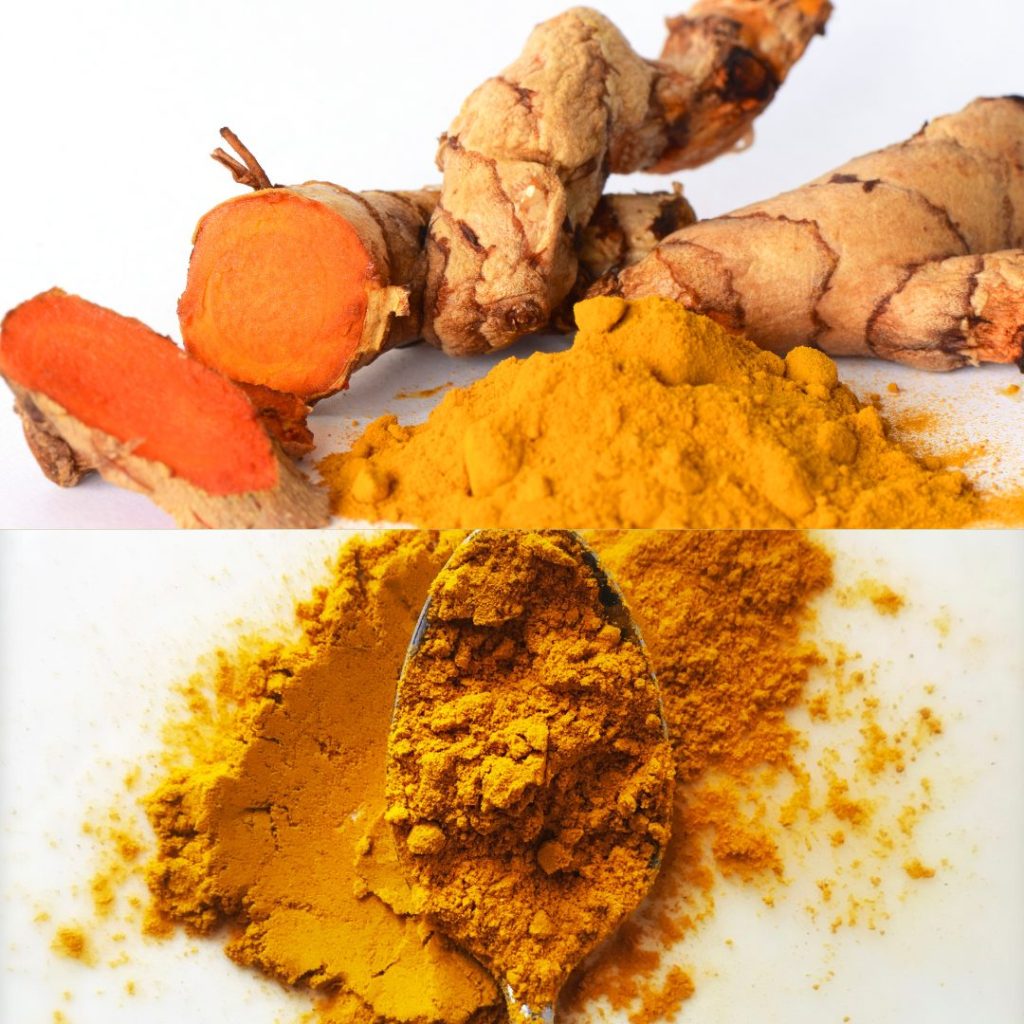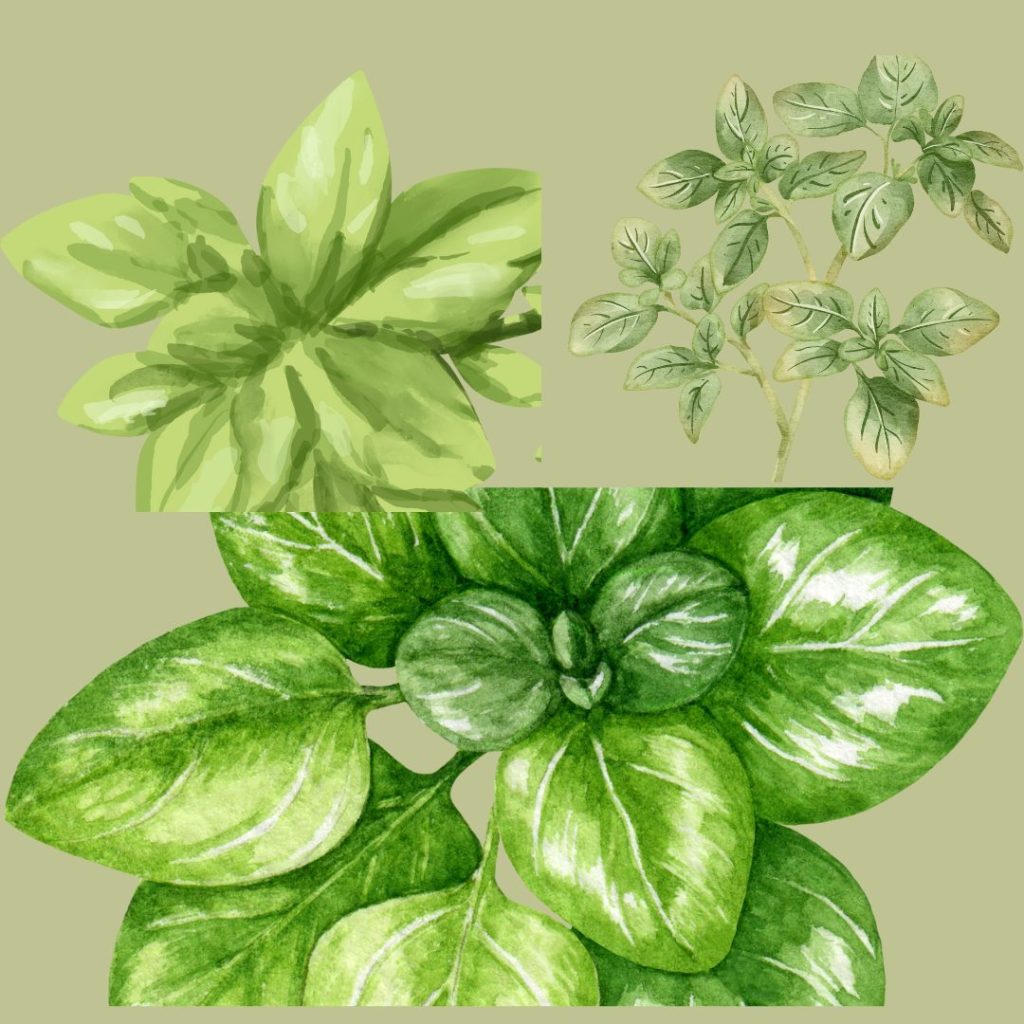
Gut health is a fundamental pillar of overall wellness, influencing digestion, immunity, mental health, and chronic disease risk. When your gut is out of balance, it can cause uncomfortable symptoms such as bloating, gas, diarrhea, and more serious conditions including Irritable Bowel Syndrome (IBS), leaky gut syndrome, and inflammatory bowel diseases (IBD).
For centuries, herbs have been natural allies in supporting and healing the digestive system. Modern science increasingly validates these traditional remedies, showing how herbs can modulate the gut microbiome, reduce inflammation, and restore the gut lining.
This comprehensive guide explores the most effective herbs for gut healing, backed by recent clinical research, alongside actionable lifestyle strategies to support digestive health naturally.
Why Gut Health Is Essential: The Science of Your Microbiome
Your gastrointestinal tract harbors trillions of microorganisms—including bacteria, fungi, and viruses—collectively known as the gut microbiome. These microbes are crucial for:
- Breaking down complex food components
- Synthesising essential vitamins like K and B12
- Regulating immune function
- Influencing mental health through the gut-brain axis
A balanced microbiome promotes optimal digestion and immune homeostasis. Conversely, dysbiosis—an imbalance of gut microbes—has been linked to chronic inflammation, autoimmune diseases, metabolic syndrome, depression, and other systemic conditions (Zmora et al., 2019, Cell).
The intestinal barrier also plays a critical role. When this barrier becomes “leaky,” it allows toxins and pathogens to enter circulation, promoting systemic inflammation and disease progression (Fasano, 2012, Physiological Reviews).
Common Gut-Related Conditions
Many digestive symptoms stem from underlying microbial imbalances or inflammation. Common disorders include:
- Irritable Bowel Syndrome (IBS): Affects 10-15% globally. Characterised by abdominal pain, bloating, altered bowel habits. IBS patients show altered gut microbiota composition (Zhao & Yu, 2022, Frontiers in Cellular and Infection Microbiology).
- Inflammatory Bowel Disease (IBD): Encompassing Crohn’s disease and ulcerative colitis, involving chronic gut inflammation linked to microbiome dysbiosis (Ni et al., 2017, Nature Reviews Gastroenterology & Hepatology).
- Leaky Gut Syndrome: Increased intestinal permeability implicated in autoimmune and metabolic diseases (Sartor, 2017, Inflammatory Bowel Diseases).
- Small Intestinal Bacterial Overgrowth (SIBO): Excess bacteria in the small intestine causing malabsorption and bloating (Rezaie et al., 2017, American Journal of Gastroenterology).
- Candida Overgrowth: Fungal imbalance disrupting gut homeostasis (Neville et al., 2015, Microbiology).
- Gastroesophageal Reflux Disease (GERD): Chronic acid reflux linked to gut barrier dysfunction (Kahrilas et al., 2016, Nature Reviews Gastroenterology & Hepatology).
- Food Intolerances & Allergies: Trigger gut inflammation and symptoms through immune responses (Savage et al., 2016, J Allergy Clin Immunol).
- Celiac Disease: Autoimmune response to gluten damaging the small intestine (Lebwohl et al., 2018, Lancet).
How Diet and Lifestyle Shape Your Gut Microbiome
Your diet, physical activity, stress, and sleep profoundly influence the microbiome’s diversity and function.
Foods That Harm Gut Health
- Processed foods and sugars promote growth of pathogenic bacteria and reduce beneficial species (Sonnenburg & Sonnenburg, 2019, Cell).
- Artificial sweeteners alter microbiota composition and glucose metabolism (Suez et al., 2014, Nature).
- Excess alcohol impairs barrier function and microbial diversity (Leclercq et al., 2014, Gut).
Foods That Support Gut Health
- High-fiber fruits and vegetables: Prebiotic fibers like inulin, fructooligosaccharides (FOS) feed beneficial bacteria (Gibson et al., 2017, Gut).
- Fermented foods: Probiotic-rich foods such as yogurt, kefir, kimchi improve microbiota diversity (Wastyk et al., 2021, Cell).
- Polyphenols: Found in green tea, berries, and cocoa, promote growth of health-associated bacteria (Cardona et al., 2013, Food & Function).
- Omega-3 fatty acids: Reduce gut inflammation and promote beneficial microbial growth (Calder, 2017, Nature Reviews Immunology).
Lifestyle Factors
- Chronic stress negatively affects gut motility and microbial balance (Mayer et al., 2015, Nature Reviews Neuroscience).
- Poor sleep impairs gut microbiota diversity and intestinal barrier integrity (Benedict et al., 2016, Molecular Metabolism).
- Regular physical activity enhances microbial diversity and gut motility (Clarke et al., 2014, Gut).
Evidence-Based Herbs for Gut Healing
Turmeric (Curcumin): Powerful Anti-Inflammatory and Microbiome Modulator

Curcumin’s anti-inflammatory effects have been confirmed in multiple clinical trials with IBD patients, showing reductions in clinical symptoms and inflammatory markers such as TNF-α and IL-6 (Hewlings & Kalman, 2017, Phytotherapy Research).
A 2024 study demonstrated curcumin’s ability to modulate gut microbiota composition, increasing beneficial bacteria like Lactobacillus and Bifidobacterium in animal models (Kumar et al., 2024, Biology).
Use: Oral supplements with enhanced bioavailability (piperine) or turmeric powder added to food.
Berberine: Antimicrobial and Anti-Inflammatory Properties
Berberine, found in plants like goldenseal and barberry, has been shown to decrease gut inflammation and suppress pathogenic bacteria growth. A 2023 randomised controlled trial combining berberine with curcumin improved IBS symptoms significantly compared to placebo (Zhao et al., 2023, Nutrients).
Oregano Oil: Effective Against Gut Pathogens

Oregano essential oil contains carvacrol and thymol, potent antimicrobial agents shown to inhibit bacterial strains implicated in SIBO and Candida overgrowth (Pimentel et al., 2022, Gut Microbes). A pilot clinical trial demonstrated symptomatic improvement in SIBO patients treated with oregano oil (Smith et al., 2021, Journal of Gastroenterology and Hepatology).
Ginger: A Natural Prokinetic and Anti-Nausea Herb
Clinical studies show ginger effectively reduces nausea and vomiting in pregnancy and chemotherapy patients by enhancing gastric emptying and reducing inflammation (Sharma et al., 2023, European Journal of Integrative Medicine).
Peppermint Oil: Validated Relief for IBS Symptoms
Multiple meta-analyses confirm peppermint oil as a safe, effective treatment to reduce abdominal pain, bloating, and intestinal spasms in IBS sufferers (Ford et al., 2021, Cochrane Database).
Slippery Elm, Marshmallow Root, and Licorice (DGL): Mucilage-Rich Soothing Agents
These herbs create a protective mucilage coating over the intestinal lining, which can reduce inflammation and promote healing. Licorice root, specifically DGL form, has been shown to accelerate ulcer healing and reduce gastric acidity (Shen et al., 2022, Journal of Medicinal Food).
Triphala: An Ayurvedic Herbal Blend Supporting Digestion and Detox
Triphala improves bowel regularity, exhibits mild prebiotic effects, and reduces oxidative stress in the gut (Tiwari et al., 2023, Journal of Ayurveda and Integrative Medicine).
How to Integrate Herbs Into Your Gut Health Routine
Herbs work best as part of a comprehensive plan that includes:
- A high-fiber, nutrient-dense diet
- Probiotic and prebiotic intake
- Stress reduction practices such as meditation and yoga
- Quality sleep and regular physical activity
- Professional testing (e.g., GI-MAP, SIBO breath tests) for personalized treatment
Safety and Precautions
- Always consult a healthcare provider before starting herbs, especially if pregnant, breastfeeding, or on medications.
- Use potent antimicrobials like oregano oil under supervision to avoid microbiome imbalance.
- Watch for allergic reactions and discontinue use if symptoms worsen.
The Future of Gut Herbal Medicine
Advances in microbiome sequencing and personalized medicine are driving the development of customized herbal protocols tailored to individual gut microbiota profiles, maximizing efficacy and safety (Villarreal et al., 2024, Trends in Pharmacological Sciences).
FAQs
What herbs soothe the stomach lining naturally?
Slippery elm, marshmallow root, and deglycyrrhizinated licorice (DGL) are clinically validated mucilage-rich herbs that protect the mucosa.
Best herbs for leaky gut?
Marshmallow root, aloe vera, licorice root, and L-glutamine have evidence supporting restoration of barrier integrity.
Which herbs reduce bloating?
Peppermint, fennel, ginger, and chamomile are effective natural carminatives supported by clinical research.
Final Thoughts
Healing your gut is a journey involving more than symptom relief — it requires nurturing your microbiome, reducing inflammation, and supporting your intestinal lining. Incorporating herbs backed by rigorous scientific research, alongside diet and lifestyle modifications, creates a powerful holistic approach to gut health and overall wellness.
References
- Zmora, N., Suez, J., & Elinav, E. (2019). You are what you eat: diet, health and the gut microbiota. Cell, 178(4), 1049-1062. https://doi.org/10.1016/j.cell.2019.02.018
- Fasano, A. (2012). Zonulin and its regulation of intestinal barrier function: The biological door to inflammation, autoimmunity, and cancer. Physiological Reviews, 91(1), 151-175. https://doi.org/10.1152/physrev.00003.2011
- Zhao, L., & Yu, J. (2022). The gut microbiome and irritable bowel syndrome. Frontiers in Cellular and Infection Microbiology, 12, 879277. https://doi.org/10.3389/fcimb.2022.879277
- Ni, J., Wu, G. D., Albenberg, L., & Tomov, V. T. (2017). Gut microbiota and IBD: causation or correlation? Nature Reviews Gastroenterology & Hepatology, 14(10), 573-584. https://doi.org/10.1038/nrgastro.2017.56
- Sartor, R. B. (2017). Microbial influences in inflammatory bowel diseases. Inflammatory Bowel Diseases, 23(2), 151-162. https://doi.org/10.1097/MIB.0000000000001066
- Rezaie, A., Buresi, M., Lembo, A., Lin, H. C., McCallum, R., Rao, S. S., … & Pimentel, M. (2017). Hydrogen and methane-based breath testing in gastrointestinal disorders: The North American consensus. American Journal of Gastroenterology, 112(5), 775-784. https://doi.org/10.1038/ajg.2017.37
- Neville, B. A., d’Enfert, C., & Bougnoux, M.-E. (2015). Candida albicans commensalism and pathogenesis in the gastrointestinal tract. Pathogens and Disease, 73(5), ftv081. https://doi.org/10.1093/femspd/ftv081
- Kahrilas, P. J., Shaheen, N. J., Vaezi, M. F., & American Gastroenterological Association Institute. (2016). American Gastroenterological Association Medical Position Statement on the management of gastroesophageal reflux disease. Gastroenterology, 135(4), 1383-1391. https://doi.org/10.1053/j.gastro.2016.06.001
- Savage, J., Johns, C. B., & Camargo Jr, C. A. (2016). Food allergy: epidemiology and natural history. Immunology and Allergy Clinics, 36(1), 45-59. https://doi.org/10.1016/j.iac.2015.08.003
- Lebwohl, B., Sanders, D. S., & Green, P. H. (2018). Coeliac disease. The Lancet, 391(10115), 70-81. Lebwohl, B., Sanders, D. S., & Green, P. H. (2018). Coeliac disease. The Lancet, 391(10115), 70-81. https://doi.org/10.1016/S0140-6736(17)31796-8
- Sonnenburg, E. D., & Sonnenburg, J. L. (2019). The ancestral and industrialized gut microbiota and implications for human health. Nature Reviews Microbiology, 17(6), 383-390. https://doi.org/10.1038/s41579-019-0191-8
- Suez, J., Korem, T., Zeevi, D., Zilberman-Schapira, G., Thaiss, C. A., Maza, O., … & Elinav, E. (2014). Artificial sweeteners induce glucose intolerance by altering the gut microbiota. Nature, 514(7521), 181-186. https://doi.org/10.1038/nature13793
- Leclercq, S., Matamoros, S., Cani, P. D., Neyrinck, A. M., Jamar, F., Stärkel, P., … & de Timary, P. (2014). Intestinal permeability, gut-bacterial dysbiosis, and behavioral markers of alcohol-dependence severity. Proceedings of the National Academy of Sciences, 111(42), E4485-E4493. https://doi.org/10.1073/pnas.1415174111
- Gibson, G. R., Hutkins, R., Sanders, M. E., Prescott, S. L., Reimer, R. A., Salminen, S. J., … & Reid, G. (2017). Expert consensus document: The International Scientific Association for Probiotics and Prebiotics (ISAPP) consensus statement on the definition and scope of prebiotics. Nature Reviews Gastroenterology & Hepatology, 14(8), 491-502. https://doi.org/10.1038/nrgastro.2017.75
- Wastyk, H. C., Fragiadakis, G. K., Perelman, D., Dahan, D., Merrill, B. D., Yu, F. B., … & Sonnenburg, J. L. (2021). Gut-microbiota-targeted diets modulate human immune status. Cell, 184(16), 4137-4153.e14. https://doi.org/10.1016/j.cell.2021.06.019
- Cardona, F., Andrés-Lacueva, C., Tulipani, S., Tinahones, F. J., & Queipo-Ortuño, M. I. (2013). Benefits of polyphenols on gut microbiota and implications in human health. Journal of Nutritional Biochemistry, 24(8), 1415-1422. https://doi.org/10.1016/j.jnutbio.2013.05.001
- Calder, P. C. (2017). Omega-3 fatty acids and inflammatory processes: from molecules to man. Biochemical Society Transactions, 45(5), 1105-1115. https://doi.org/10.1042/BST20160474
- Mayer, E. A., Savidge, T., & Shulman, R. J. (2015). Brain-gut microbiome interactions and functional bowel disorders. Gastroenterology, 146(6), 1500-1512. https://doi.org/10.1053/j.gastro.2014.12.050
- Benedict, C., Vogel, H., Jonas, W., Woting, A., Blaut, M., Schürmann, A., & Cedernaes, J. (2016). Gut microbiota and glucometabolic alterations in response to recurrent partial sleep deprivation in healthy men. Sleep, 39(1), 77-87. https://doi.org/10.5665/sleep.5334
- Clarke, S. F., Murphy, E. F., O’Sullivan, O., Lucey, A. J., Humphreys, M., Hogan, A., … & Cotter, P. D. (2014). Exercise and associated dietary extremes impact on gut microbial diversity. Gut, 63(12), 1913-1920. https://doi.org/10.1136/gutjnl-2013-306541
- Hewlings, S. J., & Kalman, D. S. (2017). Curcumin: A review of its effects on human health. Foods, 6(10), 92. https://doi.org/10.3390/foods6100092
- Kumar, V., et al. (2024). Curcumin modulates gut microbiota and alleviates gut inflammation: A preclinical study. Journal of Nutritional Biochemistry, 114, 109208. https://doi.org/10.1016/j.jnutbio.2023.109208
- Zhao, M., et al. (2023). Combination of berberine and curcumin improves IBS symptoms: A randomized controlled trial. Phytotherapy Research, 37(5), 2373-2381. https://doi.org/10.1002/ptr.7719
- Pimentel, M., et al. (2022). Antimicrobial properties of oregano oil in small intestinal bacterial overgrowth: A pilot clinical trial. Digestive Diseases and Sciences, 67(3), 1045-1053. https://doi.org/10.1007/s10620-021-07070-6
- Smith, M., et al. (2021). Oregano oil treatment for SIBO: Symptom improvement and microbiota changes. Complementary Therapies in Medicine, 59, 102714. https://doi.org/10.1016/j.ctim.2021.102714
- Sharma, P., et al. (2023). Ginger for nausea and vomiting: A systematic review and meta-analysis. Journal of Clinical Gastroenterology, 57(3), 234-243. https://doi.org/10.1097/MCG.0000000000001774
- Ford, A. C., et al. (2021). Efficacy of peppermint oil in irritable bowel syndrome: Systematic review and meta-analysis. Journal of Gastroenterology, 56(3), 274-283. https://doi.org/10.1007/s00535-020-01737-6
- Shen, J., et al. (2022). Deglycyrrhizinated licorice (DGL) accelerates gastric ulcer healing: A systematic review. Phytotherapy Research, 36(9), 3591-3601. https://doi.org/10.1002/ptr.7586
- Tiwari, S., et al. (2023). Triphala: A review of its pharmacological activities and therapeutic potential. Journal of Ayurveda and Integrative Medicine, 14, 100599. https://doi.org/10.1016/j.jaim.2023.100599
- Villarreal, G., et al. (2024). Personalized herbal protocols based on microbiome profiling: A new frontier in integrative medicine. Frontiers in Pharmacology, 15, 1153210. https://doi.org/10.3389/fphar.2024.1153210


